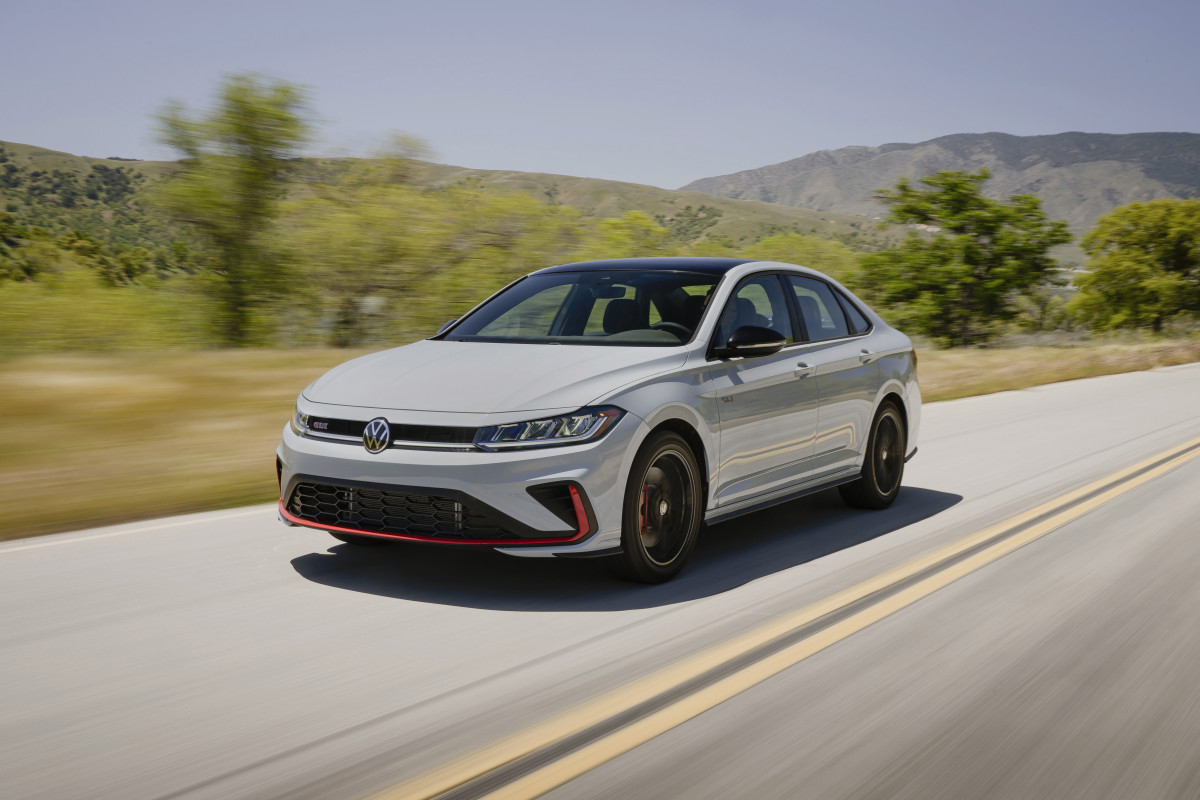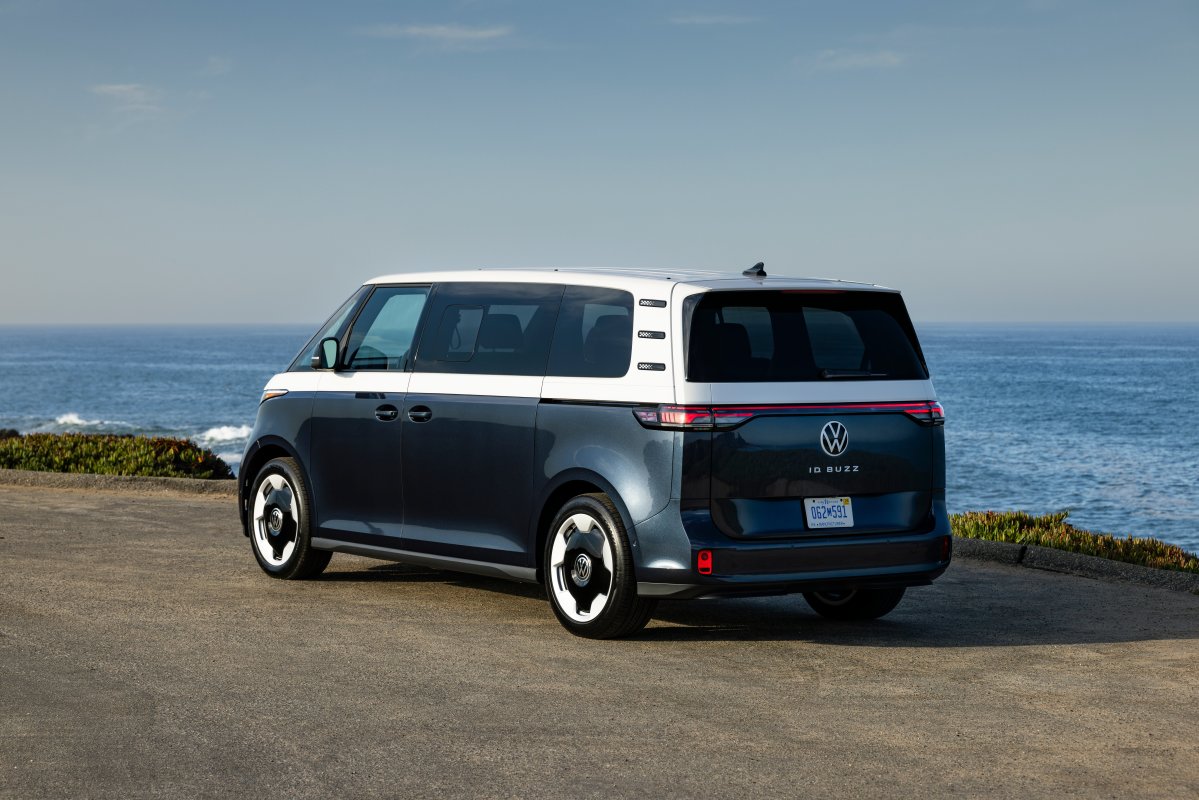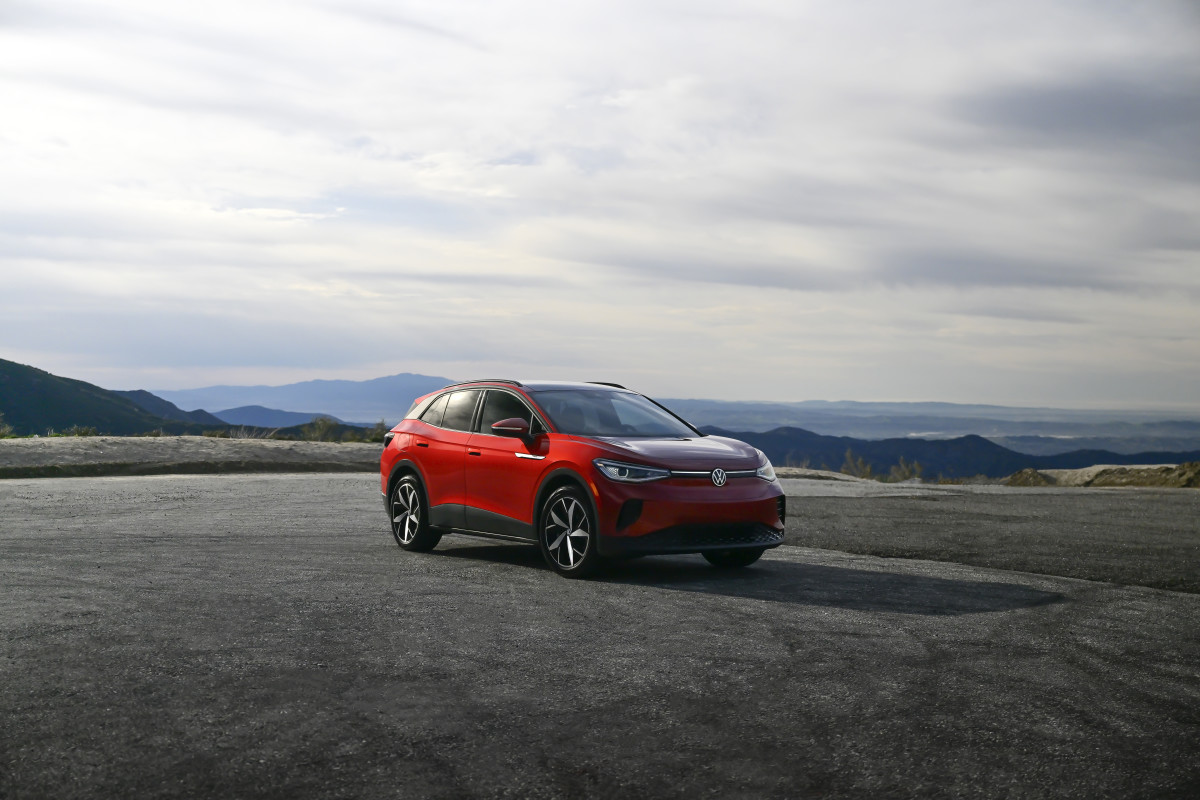Volkswagen hits pause on price hikes
Volkswagen has confirmed it will not raise prices on its vehicles in the U.S. through the end of May, joining a growing list of automakers looking to reassure shoppers spooked by potential tariffs. The move comes as the industry faces growing uncertainty following the Trump administration’s new 25% tariff on imported cars, which could drive up sticker prices by thousands of dollars.
“We don’t know what that regulatory or tariff environment will look like even next week,” Kjell Gruner, VW’s North America chief executive officer, said in an interview at the New York International Auto Show. “We want to give our consumers and dealers that confidence until end of May.”
Automakers respond to tariff jitters
Volkswagen is just the latest brand to offer price stability during a time of economic unease. Earlier this month, Hyundai committed to holding prices steady through June 2. Ford and Stellantis went a step further, rolling out deep discounts across their lineups, while Nissan trimmed prices on its 2025 Rogue and Pathfinder SUVs.

Volkswagen
The flurry of announcements appears aimed at calming a jittery market. Many consumers, already facing high interest rates and an average new car price of nearly $50,000, are hesitant to commit to a vehicle purchase if prices could spike next month. In the short term, this strategy has sparked a burst of activity at dealerships. But industry leaders warn that if tariffs continue, these discounts and freezes won’t be sustainable, especially for import-heavy brands like VW.
Price increases are still on the table for June
While VW’s price freeze offers temporary relief, it’s not a long-term guarantee. Gruner clarified that an internal memo to dealers asking for feedback on tariff communication was misconstrued as a plan to raise prices, but added that increases are still possible depending on how tariffs impact the company’s supply chain.

Volkswagen
Starting in June, Volkswagen may begin passing on some of those costs, though Gruner says the company will be strategic about how and where any increases occur. VW could share the tariff burden across its suppliers, dealers, and customers, but decisions will be made based on a competitive analysis of what rivals are doing and what the market can bear.
Inventory tightens as “days of supply” drops
At the start of April, the U.S. new-vehicle market had just 70 days of supply, down significantly from 91 days at the end of February, according to Cox Automotive. That 21-day drop marks one of the steepest month-over-month declines in recent memory, as a late-March sales surge — fueled by tariff concerns — emptied dealer lots faster than expected.

Volkswagen
The total inventory stood at 2.69 million units on April 1, a 10% decline from a month prior and 2.4% lower than this time last year. While a 70-day supply is still within normal historical ranges, it reflects a sharp correction from the inventory buildup seen earlier in the year.
Cox Automotive data shows Volkswagen with 74 days of supply at the beginning of April, offering a helpful buffer of inventory that allows the automaker to maintain prices for a short time. However, if inventory continues to shrink and tariffs persist, holding prices steady may become more difficult. But for now, VW’s decision offers a brief window of price stability in an increasingly volatile market.
Final thoughts
As automakers navigate a volatile political and economic landscape, consumers may find temporary deals, but experts caution that relief might be short-lived. Unless trade tensions ease, sticker shock could become the new normal.
For now, VW shoppers have until May 31 to lock in current pricing. What happens after that will likely depend less on demand and more on decisions coming out of Washington.